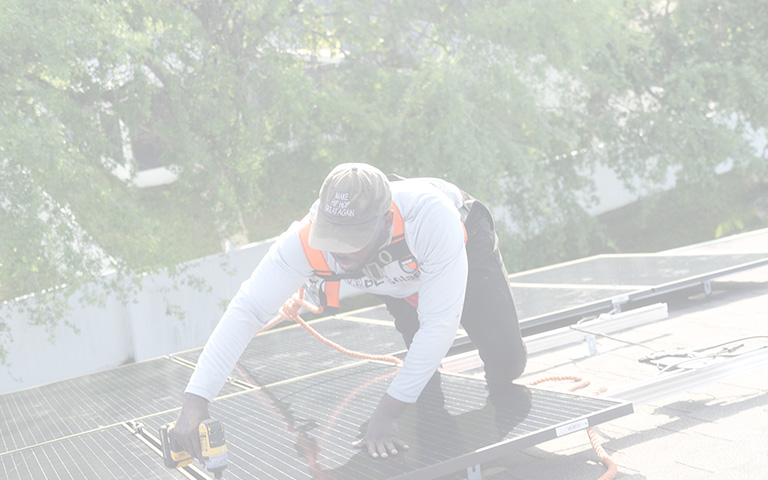+
There are three solar panels: monocrystalline, polycrystalline (multi-crystalline), and thin-film. All three types of panels are engineered with silicon and solar cells. The solar cells absorb sunlight, and the silicon turns it into energy.
+
It depends. If you have a large enough roof and it is exposed to the sun every day, then yes, absolutely! However, if your roof is shaded or has a low utility bill, no. Solar panels are a great investment for people to add equity to their property, lower high utility bills, and reduce their CO2 emissions.
+
Yes and no. It depends on the type of solar inverters you install with your system. The system will need more efficiency if you use string inverters, the most basic inverters on the market, and one panel is shaded. On the other hand, if you install microinverters, each solar panel operates independently. If you're concerned about shade, we highly recommend using microinverters to maximize your savings.
+
Solar panels are made up of glass and are extremely durable. You can take a hose to them or hire a solar panel professional to mount the roof with a brush. Most panels are maintenance-free. If you live in a state with rain, the weather will perform all of the dirty work for you.
+
Solar panels allow homeowners to become energy independent. You no longer have to rely on utility companies for power. Most utility companies use fossil fuels (coal) to generate electricity. "The burning of fossil fuels releases greenhouse gases into the atmosphere, increasing levels of CO2 and other gasses, trapping heat, and contributing to global climate change." Solar panels eliminate all of that.

.png?width=747&height=246&name=output-onlinepngtools%20(10).png)
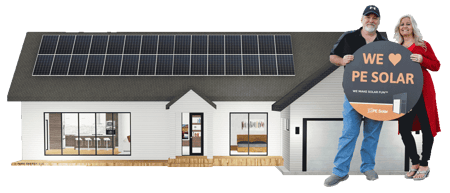
.png)
.png)
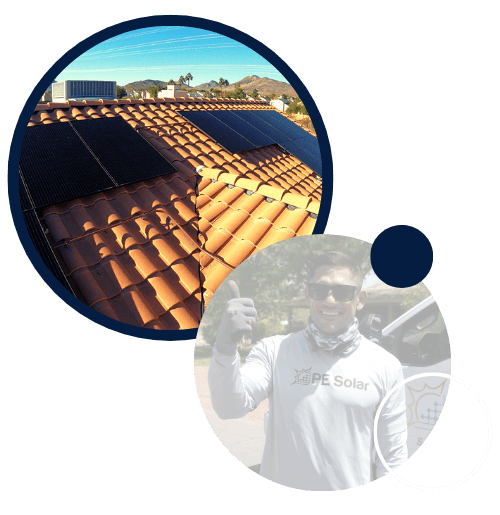
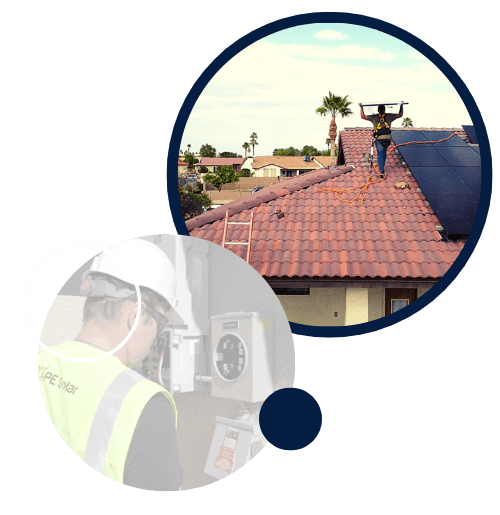
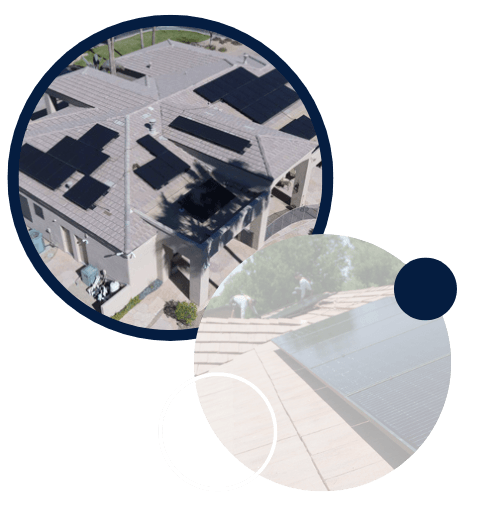
%20(1).png?width=295&height=86&name=Untitled%20(515%20%C3%97%20250%20px)%20(1).png)

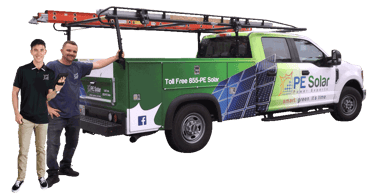
.png?height=180&name=Untitled%20design%20(21).png)
